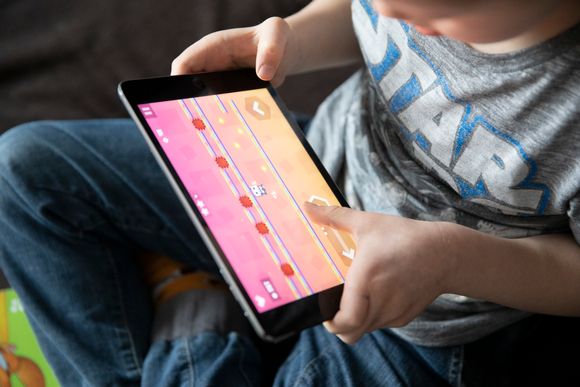Screen Time at Age 1 Year and Communication and Problem-Solving Developmental Delay at 2 and 4 Years
In this study, greater screen time for children aged 1 year was associated with developmental delays in communication and problem-solving at ages 2 and 4 years.










